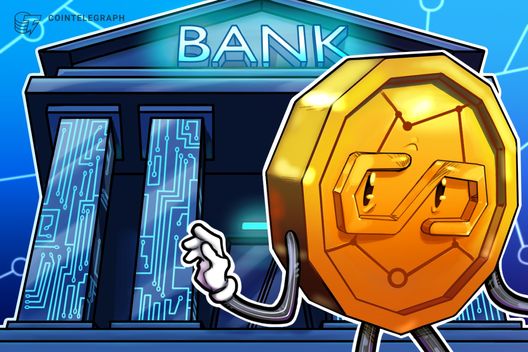
In a recent development in the world of finance, Ronit Ghose, the Global Head of Banks Research at Citigroup, has issued a warning regarding the potential risks associated with paying interest on stablecoin holdings. Ghose expressed concerns that implementing interest payments on stablecoin deposits could lead to a situation reminiscent of the 1980s when banks experienced significant outflows of funds, ultimately resulting in increased funding costs and credit prices.
Stablecoins are a type of cryptocurrency that are pegged to a stable asset, such as a fiat currency like the US dollar, or a commodity like gold. Their value is designed to remain relatively stable compared to other cryptocurrencies that are known for their price volatility. Stablecoins have gained popularity in recent years due to their perceived stability and utility in facilitating transactions within the crypto ecosystem.
However, Ghose's warning highlights a potential challenge that could arise if banks were to start offering interest payments on stablecoin holdings. The concern is that if customers are able to earn interest on their stablecoin deposits at a bank, it could lead to a significant outflow of funds from traditional bank accounts to stablecoin accounts. This shift in funds could have implications for banks' liquidity positions and funding costs.
The scenario Ghose alludes to, comparing it to the outflows experienced by banks in the 1980s, raises concerns about the potential impact on the overall financial system. If a large number of depositors were to move their funds from traditional bank accounts to stablecoin accounts offering attractive interest rates, it could strain the liquidity of banks and drive up their funding costs. This, in turn, could have ripple effects on credit availability and pricing, impacting businesses and consumers alike.
It is worth noting that stablecoins are not immune to regulatory scrutiny and potential risks. Regulators around the world have been paying closer attention to stablecoins due to concerns related to investor protection, money laundering, and financial stability. The introduction of interest payments on stablecoin holdings by banks could further complicate the regulatory landscape and raise questions about how such products should be supervised and governed.
As the cryptocurrency ecosystem continues to evolve and traditional financial institutions explore ways to integrate digital assets into their offerings, the warning issued by Ronit Ghose serves as a reminder of the potential risks and challenges that may arise. Balancing innovation with prudential risk management will be crucial as stakeholders navigate this complex and rapidly changing landscape.

Leave a Reply